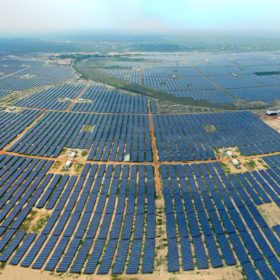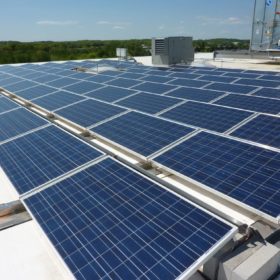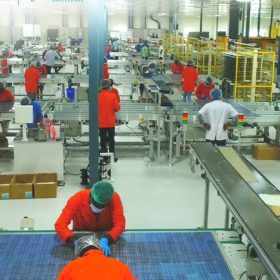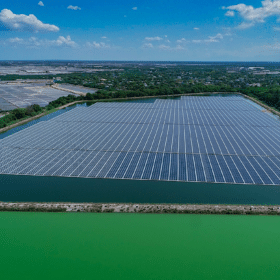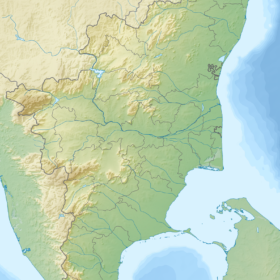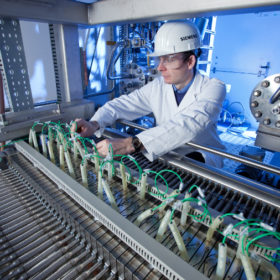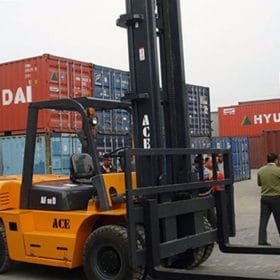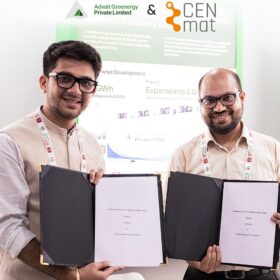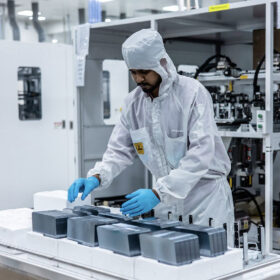APTEL orders compensation for solar curtailment in Tamil Nadu
The Delhi-based Appellate Tribunal for Electricity (APTEL) has directed Tamil Nadu State Load Despatch Centre (TNSLDC) and The Tamil Nadu Generation and Distribution Corporation (TANGEDCO) to compensate developers at 75% of PPA tariff per kWh on solar curtailment.
Financial feasibility of behind-the-meter solar-plus-storage in India
A new report says solar-plus-energy storage will become an attractive investment option for commercial consumers in India as early as 2023 for electricity bill reduction. For high-tariff paying residential consumers, the system will reach grid parity post-2027. The report findings are based on the levelized cost analysis of solar-plus-energy storage systems for consumers in the Indian State of Tamil Nadu.
Hitachi ABB Power Grids commissions ultra-high-voltage DC link connecting Indian states
The 1,800-kilometer link connecting Raigarh in Chhattisgarh to Pugalur in Tamil Nadu can deliver 6 GW. Power can be transmitted in either direction, depending on demand.
Vikram Solar opens 1.3 GW mono PERC module factory
Vikram Solar has reached an overall module production capacity of 2.5 GW with the opening of a 1.3 GW fab in Chennai. The Chennai facility will produce mono PERC modules with a peak output up to 640 watts.
Ciel & Terre completes India’s largest floating solar plant
The 14.7 MWp project, developed for Southern Petrochemical Industries Corporation (SPIC) Limited, uses an aggregate 37,632 number of 390Wp PV panels and spans an area of 15.6 hectares.
SECI extends bidding for 50 MW solar in Tamil Nadu
EPC contractors now have until May 19 to lodge their interest in setting up the grid-connected solar capacity—including 40 MW conventional ground-based and 10 MW agrivoltaics. The PV projects shall come up in Cuddalore and Tiruvannamalai districts.
Goldi Solar supplies 24+ MW modules to a textile client
The Surat-based solar manufacturer has completed the supply of an aggregate 71,690 quantity of 335Wp polycrystalline solar panels to a textile company LS Mills.
BGR Energy Systems gets Irish ally to produce green hydrogen
Ireland’s Fusion Fuel Green would first set up a demonstrator plant for BGR Energy to generate cost-competitive green hydrogen. The plant would come up in Tamil Nadu’s Cuddalore district in the second half of 2021. It would then co-develop projects with BGR throughout India.
Hinduja Renewables commissions 75 MWp solar plant for vehicle manufacturer Ashok Leyland
The plant, situated in Tamil Nadu, is one of India’s largest group captive solar plants serving a single client. It is expected to generate over 120 million units of electricity annually.
Waaree lithium batteries run electric forklifts at Chennai airport
The energy storage system arm of Waaree Group has designed and developed Lithium batteries to power ACE Ltd’s electric forklifts running at Chennai airport.
